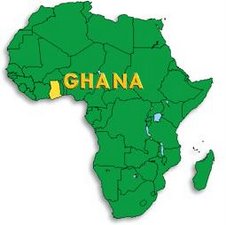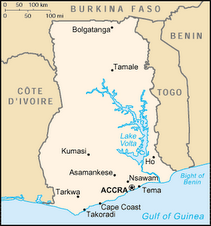After eleven years of working in the Northern Region of Ghana, a poor and largely rural area, I ask myself if the experience has been worth it? For the patients whose lives were helped and saved, yes. For my family enduring long separations, each of those members would have to comment. Personally, I have gained immeasurably in appreciating a different culture, enjoying other countries on home visits and improving immensely my surgical skills and medical knowledge.
While strongly encouraging foreign healthcare workers to live and practice in northern Ghana, the following recommendations may improve upon one’s goals. If worthwhile things are to be accomplished, come with strong financial and administrative support to allow you to remain on site for many years. My days are spent with clinical cases, administration and teaching - all of which require more time than exists. I spend a good portion of my time purchasing supplies, clearing items through customs and repairing equipment. This is not what these people need from a medical surgical specialist. Too often after surgery, the physician, himself, has to supply the antibiotics needed to keep his patient alive and this requires funds. A developing country can truly benefit from a specialist who will come for several years with modern equipment and teach the in country physicians new techniques. Medical training in Ghana lacks the availability of such tools and often does not include the instruction of more current methodology. As a result, Ghanaian doctors continue to do surgical procedures which could be better performed if the proper instruments were available.
The value of short-term visiting teams is questionable. One group came to teach a week-long course on middle ear surgery which requires certain microscopes and drills. However, if the visiting team does not leave the equipment necessary to do what they are teaching, little is accomplished because those instruments are not available here. The visiting cleft lip and palate teams come to correct patients’ deformities, but they do not allow the Ghanaian physicians to do the procedures under their supervision. Surgeons do not learn how to do an operation by observing.



